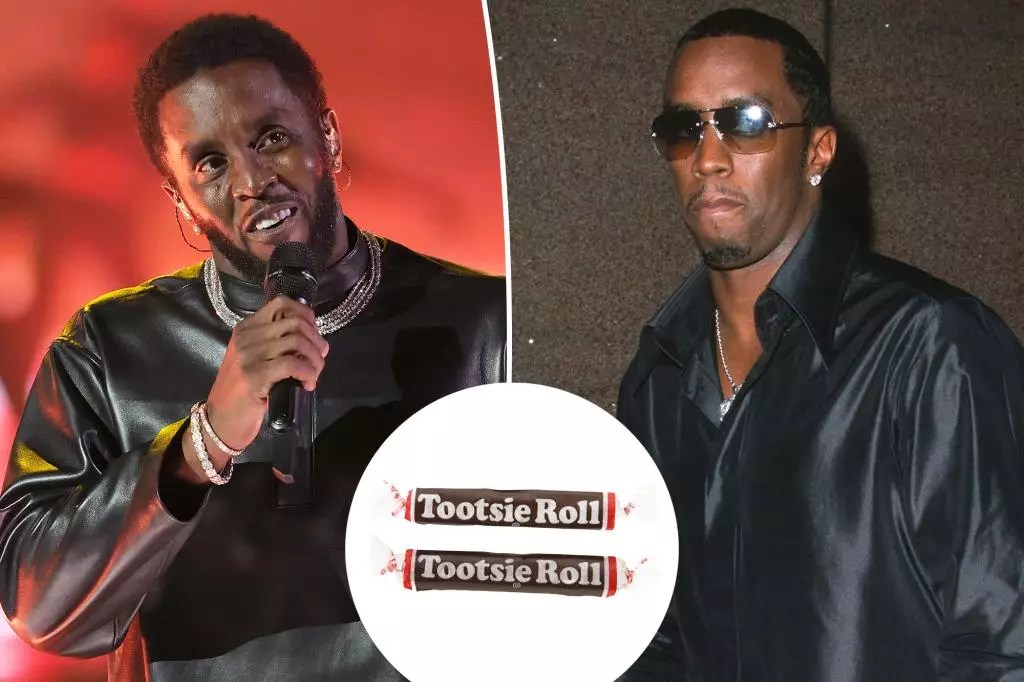The recent allegations against Sean “Diddy” Combs have thrust the music mogul into an unsettling spotlight. A woman, now identified only as Jane Doe, has filed a lawsuit claiming she was raped by Combs in a shocking encounter that occurred more than two decades ago. The details that have emerged from the case evoke a mixture of disbelief and anger, raising questions about celebrity culture, power dynamics, and the long-lasting effects of trauma.
According to the documents obtained by media outlets, Miller met the founder of Bad Boy Records in May 2001. They reportedly interacted socially several times, associating primarily in nightlife environments, such as nightclubs and restaurants, before eventually being invited to Combs’ New York City recording studio. However, the situation quickly turned grave, with Doe describing a night in July 2001 when she alleges Combs took her back to his apartment under false pretenses and subsequently assaulted her. This stark depersonalization—transforming what began as social interactions into a scenario of predation—raises issues regarding consent and the exploitation of power structures.
The Intrusion of Power
Central to the allegations are not only the acts themselves but the manner in which they allegedly unfolded. Jane Doe claims that Combs overstepped boundaries by not only locking her in his room but also exerting physical dominance. The reported phrase, “I’m going to suck the life out of you,” serves as a chilling reminder of the threatening nature of such encounters. It underscores how predators often weaponize their power, transforming intimacy into a source of fear.
Perhaps the most appalling aspect of this case is the manner in which Doe describes the physical confrontation. The lawsuit details a bizarre moment when she metaphorically measured his manhood against a “Tootsie Roll,” a peculiar and uncomfortable comparison that highlights the surreal nature of such traumatic experiences. Yet, this detail also brings to light the coping mechanisms victims may employ when recounting trauma—using humor or absurdity as a shield against pain.
But what should disturb any observer is not just the alleged assault, but the subsequent claims of emotional distress and trauma that followed. The psychological repercussions of such violations are often profound, leading to long-term adverse effects on mental health. The emotional scars can be far worse than the physical damage inflicted, requiring victims to seek therapy and counseling to cope with their lived reality.
Cultural Conversations on Sexual Assault
As the allegations surface amid Combs’ ongoing legal battles, they provoke broader societal discussions about how sexual misconduct is addressed in the entertainment industry. The response from Combs’ representatives, who insist that Doe’s claims hold no merit, demonstrates a common pushback against accusations in the realm of celebrity. Their assertion that “anyone can file a lawsuit for any reason” echoes a troubling narrative whereby the authentic experiences of victims may be brushed aside or debunked due to the high-profile nature of the accused.
Moreover, the insistence on anonymity by the plaintiff can be viewed through a dual lens—protection against public scrutiny and the implied stigma attached to the admission of sexual violence. For many victims, the fear of being publicly labeled as a victim can be a barrier to sharing their stories, thereby perpetuating silence around these critical issues.
The Impact and Need for Change
As Jane Doe seeks damages for the pain and suffering endured since the alleged assault, the situation demands a deeper examination of cultural attitudes towards sexual violence, particularly as they intersect with fame and power. The accountability of powerful figures must be placed under rigorous scrutiny, and the legal system needs to evolve in a way that not only hears the stories of survivors but addresses their trauma with empathy and seriousness.
Ultimately, the case against Sean Combs is more than an isolated incident; it is a pivotal moment that has the potential to ignite necessary conversations about consent, power, and the pervasive issue of sexual violence. The battle for justice is not merely against one man but against a culture that often disregards the voices of the vulnerable. It highlights an imperative call for a systemic shift that values human dignity over celebrity status.


Leave a Reply